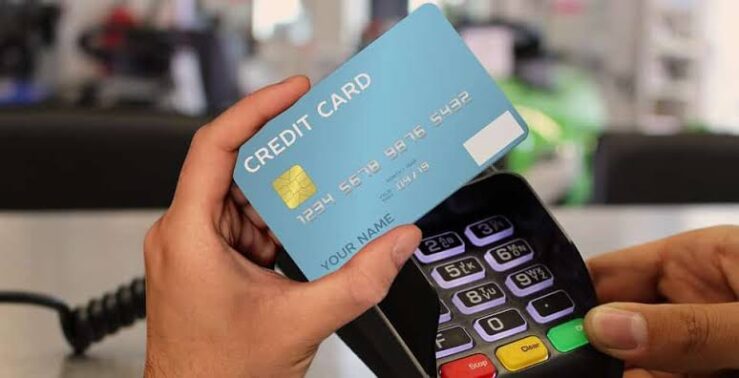These days, the use of credit cards has increased rapidly. A credit card allows you to access short-term loans during difficult times, which can be repaid without interest within the grace period. However, once the grace period ends, hefty interest charges apply. Besides this, credit cards offer various rewards, cashback, and discounts, making them increasingly popular.
However, the loan taken via a credit card falls under the category of unsecured loans because no collateral is required. So, what happens if a credit card user dies without repaying the dues? Here’s what the rules say.
Rule for Unsecured Credit Cards
Usually, the credit limit is determined based on the applicant’s income, credit score, existing loans, and repayment history. Hence, the responsibility of repaying the spent amount lies solely with the cardholder. If the cardholder dies before repayment, the bank writes off the outstanding dues. In such cases, the bank cannot force any family member to repay the debt.
Rule for Secured Credit Cards
Nowadays, secured credit cards are also widely available, mostly for people who cannot qualify for regular credit cards. To obtain a secured credit card, you need to deposit a fixed deposit (FD) as collateral. If the cardholder fails to pay the dues for any reason, the bank has the right to recover its money by liquidating the FD.
Also Read- How to Save Money While Securing a Home Loan
What About Personal Loans?
Personal loans are also classified as unsecured loans. Similar to credit cards, only the borrower is responsible for repayment. If the borrower dies before repaying the loan, the bank cannot compel any family member to settle the dues. In such cases, the loan liability ends with the borrower’s death.


